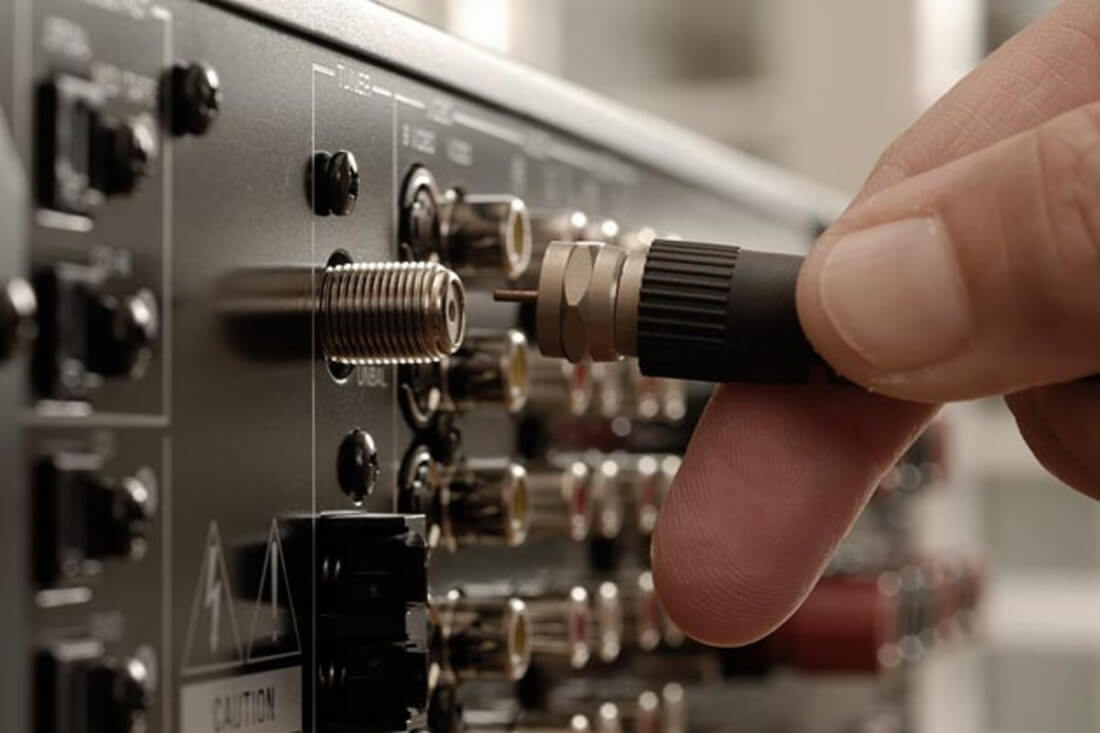During a recent conversation with a close friend of mine, I mentioned the fact that I've gone over my 300GB broadband data cap a handful of times since switching from AT&T U-Verse to Comcast for my home Internet needs last September. He was flabbergasted and questioned how I could possibly be using that much data each month.
While I do work from home and am actively online for several hours during weekdays, I don't game online or download torrents. I am, however, a cord-cutter so all of our television watching comes from streaming services like Netflix, Hulu and Sling TV.
I've only exceeded the data cap a few times - once or twice during college football season when I camp out on the couch or in bed each Saturday to take in the day's slate of games and another time when my girlfriend was stuck at home for a few weeks recovering from surgery.
Interestingly enough, I never ran into overage issues when I had U-Verse. At the time, AT&T didn't offer a way for customers to check their monthly data consumption (I asked multiple times) nor did they ever communicate that I was even subject to a data cap.

That changed recently, however, as AT&T announced it was increasing monthly data caps for U-Verse customers and would even do away with the cap entirely so long as you also subscribe to its cable television service.
The move highlights a growing concern among millions of people like me that no longer choose to pay for cable television service.
ISPs, who once fed us lines about excessive bandwidth usage and network congestion in order to upsell people on higher-tier "business class" Internet packages, are now essentially using the same tactics to punish cord-cutters, many of which were likely former cable subscribers.
They can't stop people from ditching cable subscriptions but they can make their streaming TV experience miserable enough that maybe they'll come crawling back. Granted, none of them will come right out and say that to your face but that's exactly what they're doing. Trust me, rationing your home broadband service each month in order to avoid overage fees isn't much fun.
Network congestion is no longer a valid excuse for bandwidth caps, either - if it was, they wouldn't be offering unlimited options. Former FCC Chairman Michael Powell nailed the issue on the head more than three years ago when he said ISP data caps are about monetization, not network congestion.

Consumers aren't the only ones getting the shaft as streaming video providers are also finding themselves stuck between a rock and a hard place. If their users are forced back into a cable subscription, there's a good chance they're also going to cancel their online video subscription(s) in the process.
As a cord-cutter, your options are currently pretty slim. You can limit your reliance on streaming video services (perhaps by deploying an over-the-air antenna which should probably be part of any cord-cutter's arsenal anyway), pay the overages when they occur, pay for a more expensive Internet package that offers more / unlimited data or concede defeat and jump back in bed with your local pay-TV provider.
One workaround that we've found is to use my girlfriend's smartphone and stream content through T-Mobile's Binge On service. Sure, the quality is downgraded to 480p but when using a Chromecast to beam content on our television, it's not so bad... and it sure beats paying monthly overage fees.
